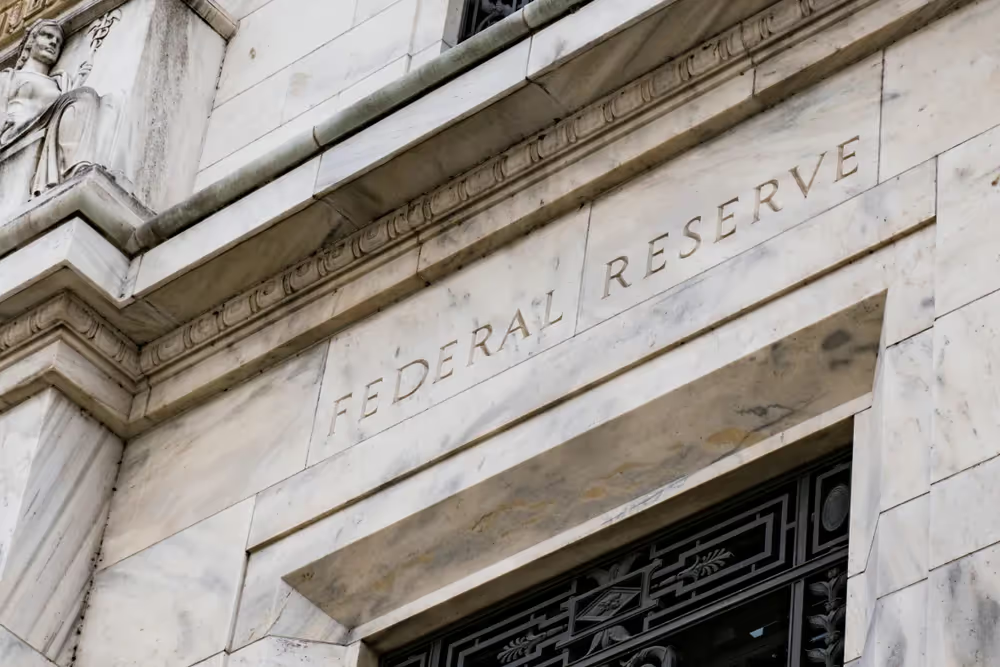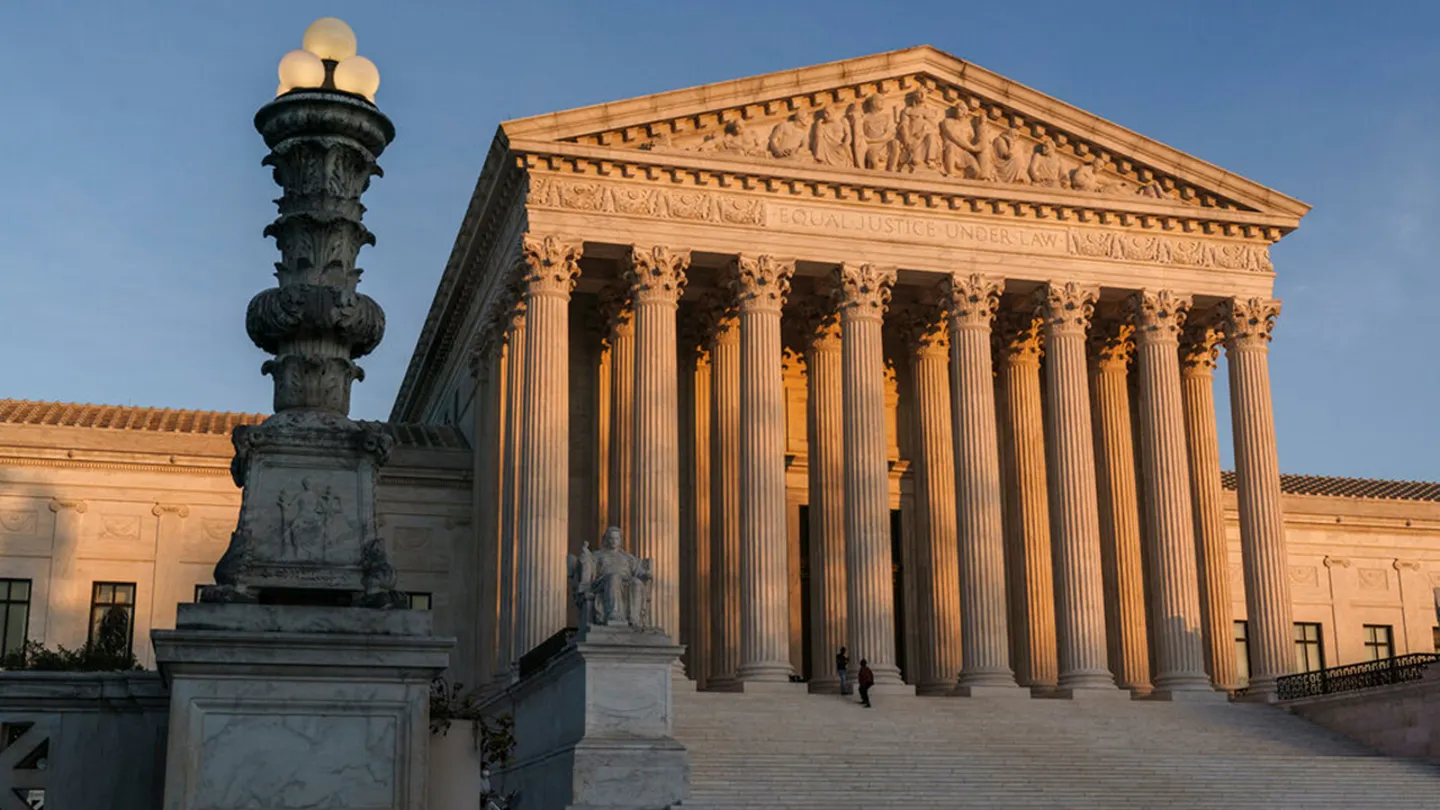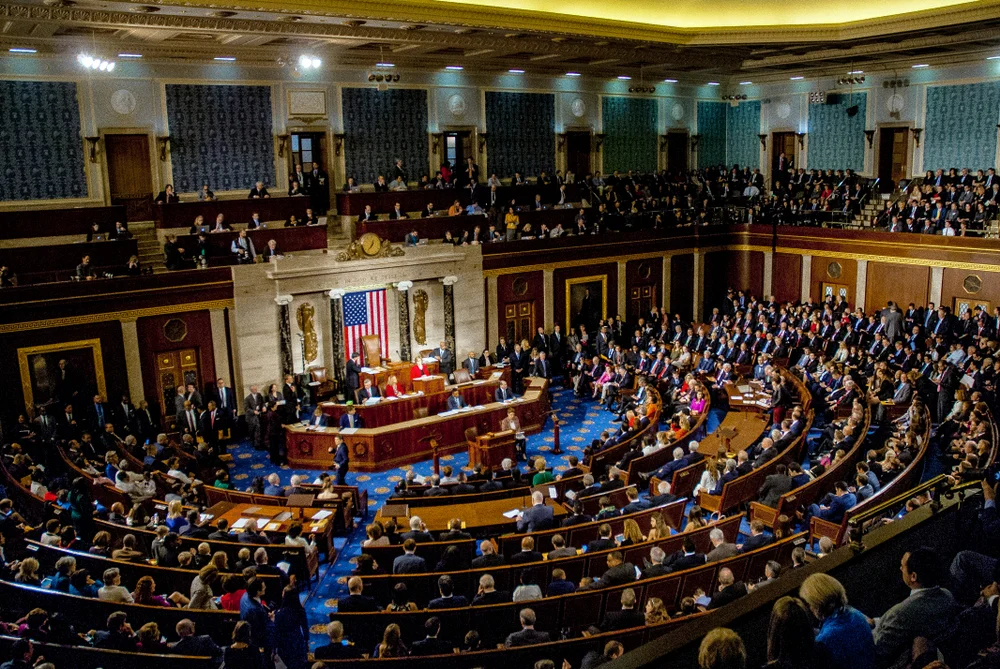
Sen. Warren's Hollow Call for Fed Accountability
Elizabeth Warren now purportedly demands from the Fed the very qualities she sought to suppress in the CFPB.
Senator Elizabeth Warren’s (D-MA) recent Wall Street Journal commentary, “The Central Bank Apprentice,” argues for bipartisan reforms that would purportedly increase the Federal Reserve's accountability and transparency. Her critique is not without merit. The Federal Reserve is one of the most powerful institutions in the American economy, yet it operates with limited oversight by the elected branches of government. Still, Warren’s protestations ring hollow when placed against her institutional legacy. The Consumer Financial Protection Bureau (CFPB), which she designed and championed, epitomizes an agency structured to evade direct democratic accountability. The irony is too great to overlook: Warren now purportedly demands from the Fed the very qualities she sought to suppress in the CFPB.
The Constitution vested the “power of the purse” squarely in Congress. No dollar could leave the Treasury without legislative appropriation. This principle was not merely procedural but a safeguard of popular sovereignty and the rule of law. The same Article I, Section 8, that empowered Congress to tax and spend also gave it the exclusive prerogative “to coin Money [and] regulate the Value thereof.” In other words, the creation and regulation of money belonged to the legislative branch, not to a “fourth branch” of government.
Yet over time, this arrangement has eroded. As I have argued on Econlib, agencies such as the Federal Reserve and the CFPB now finance themselves through revenues generated from their operations, rather than relying on congressional appropriations. This funding independence, often defended as a “operational independence” condition, undermines the constitutional design. If the judiciary can function under annual appropriations without forfeiting its autonomy, so too could the Fed and the CFPB.
The CFPB was deliberately placed under the Fed’s wing when it was created in 2010 as part of the Dodd-Frank Act. This arrangement insulated the agency from the congressional appropriations process. The result was precisely what critics feared: a regulator empowered with sweeping authority over consumer finance but free of the budgetary accountability that restrains other executive agencies. To characterize this insulation as a bug would be naïve. It was, in fact, a feature designed by Warren and her allies to ensure the CFPB could pursue its agenda without being constrained by the elected branches.
It is in this context that Warren’s demands for Fed reform must be read. Her critique of the Fed’s “absence of transparency” and her proposals to strengthen ethics rules or curb the influence of regional reserve banks are not neutral calls for accountability. Rather, they reflect a deeper agenda: to diminish what remains of private-sector influence within the Fed while consolidating greater governmental control over finance.
Warren’s intellectual milieu at Harvard Law School provides further evidence of this trajectory. Scholars such as Christine Desan have advanced the thesis that money is and ought to be a “constitutional project,” a creation of the state to be marshaled in service of collective purposes. Proposals like postal banking or adopting a central bank digital currency (CBDC) flow directly from this vision. They believe that the main function of money in society is not to facilitate exchanges but to serve political purposes, and they interpret historical events in order to confirm those beliefs. Warren’s political advocacy reflects these academic currents. What is portrayed as a fight for accountability is, in substance, an effort to expand the scope of government intervention into the monetary and financial system to increase the political allocation of credit, that is, financial repression.
The real meaning of the Fed’s independence to the stability of the American economy is to enforce a separation between monetary and fiscal policy. Any attempt to “politicize” the Fed brings the US closer to fiscal dominance and a banana republic kind of industrial policy. The federal government wants to throw money on green energy, chip manufacturing, or whatever happens to be the fad of the day. As long as Congress appropriates the money for such adventures, raises taxes, or borrows at market rates, they may be wasteful and a destruction of wealth, but they will not compromise the nation's creditworthiness. On the other hand, if the federal government dumps the bonds used to raise funds for those adventures on the Fed's balance sheet at below-market conditions, that would constitute financial repression, the exact thing advocated by Warren and like-minded scholars.
The question is not whether the Fed should be more accountable, but accountable to whom. The Fed is technically “a creature of Congress,” lodged constitutionally within the legislative branch. Its monetary authority derives from Congress’s coinage power, yet it functions as though it were a fourth branch of government, independent of both Congress and the executive. This posture is unconstitutional in principle and destabilizing in practice. As I wrote in the Econlib piece mentioned above, “the way to have a responsible Congress is to give responsibility to Congress.” Restoring Congress’s power of the purse—rather than shifting more influence to insulated agencies—would achieve proper accountability.
However, Warren’s vision of reform is mute about these key issues. Her reforms would not return monetary policy to its constitutional moorings in Congress, nor would they subject the Fed to the same appropriations discipline as other agencies. Instead, they would perpetuate the model she sought for the CFPB: agencies empowered with vast discretion, free of congressional budgeting, and more deeply enmeshed in regulatory control of the financial system. Would the Fed benefit from an independent watchdog in the figure of an Inspector General nominated by the President and confirmed by the Senate? Sure, as long as it is not mere window dressing that leaves the fundamental issues untouched.
Senator Warren is correct that the Federal Reserve needs reform. But her critique is incomplete and, in light of her own institutional handiwork, disingenuous. The problem with the Fed is not merely its ethics rules or the opacity of its regional banks. It is that the Fed, like the CFPB, stands outside the constitutional framework of accountability to Congress. True reform would restore congressional control of the purse and reassert the legislature’s coinage power. In any case, if Congress cannot control its profligacy, recent history has shown us that the Fed will not stand in the way. Arguably, what Warren proposes, by contrast, is not greater democratic accountability but a further step toward financial statism. From her previous actions, it may be deduced that her goal is not to restrain power but to reallocate it—away from private checks and legislative oversight, and toward a bureaucracy aligned with her vision of government’s role in money and finance.
Leonidas Zelmanovitz is a Liberty Fund senior fellow and a part-time professor at Hillsdale College.
Constitutionalism

Amicus Brief: Hon. William P. Barr and Hon. Michael B. Mukasey in Support of Petitioners
Former AGs Barr and Mukasey Cite Civitas in a SCOTUS Brief

Rational Judicial Review: Constitutions as Power-sharing Agreements, Secession, and the Problem of Dred Scott
Judicial review and originalism serve as valuable commitment mechanisms to enforce future compliance with a political bargain.

State Courts Can’t Run Foreign Policy
Suncor is also a golden opportunity for the justices to stop local officials from interfering with an industry critical to foreign and national-security policy.

Supreme Court tariff ruling should end complaints that justices favor Trump
John Yoo writes on the Supreme Court’s decision on President Trump’s tariff case.

Trump’s Tariff Tantrum
Trump leaps from the frying pan into the fire in the aftermath of Learning Resources v. Trump.

The Administrative State’s Sludge
Congress has delegated so much power across so many statutes that it’s hard to find a question of any public importance to which some agency cannot point to policymaking authority.


.avif)










.webp)


